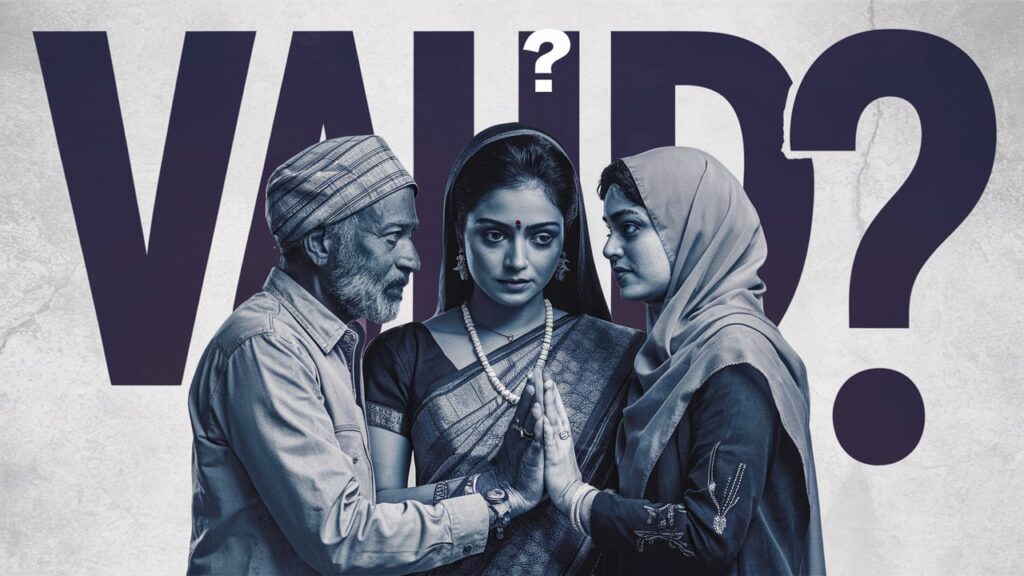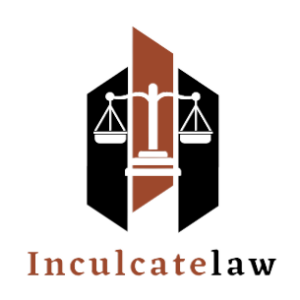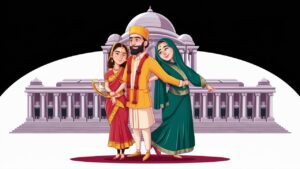Case Analysis - Lily Thomas vs. union of India (AIR 2000 SC 1650)

The case involves multiple petitions filed by wives Lily Thomas and others challenging the practice of non-Muslim men( their husband’s) converting to Islam solely to remarry without legally dissolving their first marriage under their original personal laws. The petitioners argued that such conversions were often pretend and used as a means to bypass the stringent divorce laws applicable to their original religion, particularly Hindu law, which prohibits bigamy.
Facts of the Case
- Sushmita Ghosh, married to G.C. Ghosh, according to Hindu rites, filed a writ petition stating that her husband converted to Islam to remarry.
- G.C. Ghosh (husband) demanded a mutual consent divorce from Sushmita(wife), she had filed the petition regarding her husband’s conversion to Islam. planned to marry another woman, Vanita Gupta.
- Despite converting, G.C. Ghosh did not practice Muslim rites nor change his name in official documents, indicating the conversion was solely for the purpose of bigamy.
Issues of the case
- Whether the conversion of a Hindu man to Islam for the sole purpose of contracting a second marriage, without genuine faith in the new religion, is valid.
- Whether such conversions and subsequent marriages violate the principles of Hindu marriage laws, particularly concerning the prohibition of bigamy.
- Whether the right to freedom of religion can be used as a cover to evade existing marital obligations under Hindu law.
Judgment
The Supreme Court of India, in its judgment delivered by Justices R.P. Sethi and S. Saghir Ahmad, addressed the issue of conversion to Islam for the sole purpose of remarrying. The court held that conversion to Islam solely for the purpose of contracting a second marriage, without any genuine faith in the new religion, is not valid. Such marriages would be considered void under the law as per Hindu Marriage Act Section 5 . The judgment reinforced the protection of women’s rights under Article 15(1) and aimed to prevent the misuse of religious conversion as a loophole to circumvent personal laws.
The court’s decision emphasized the need for genuine faith and practice when converting to another religion, particularly when such conversion impacts marital laws and the rights of spouses under the original personal laws.
To enhance your legal career as a corporate lawyer or to setup your own private practice you must acquire practical legal skills, Inculcatelaw offers comprehensive courses to enhance your legal knowledge. Follow us on Linkedin and Instagram
Submit your blog on submissions.inculcatelaw@gmail.com.



